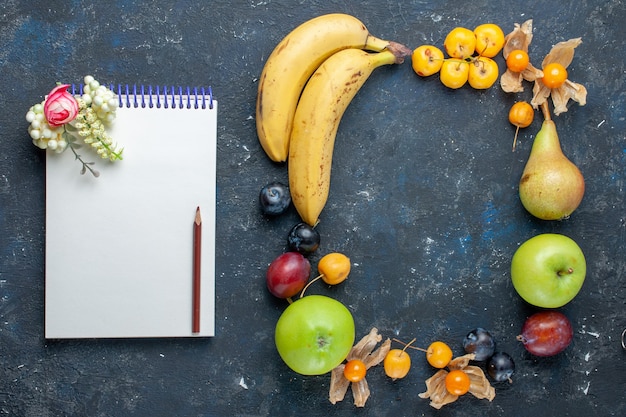
I’m always open to trying new fruits and vegetables in my quest for better health, but Buddha’s Hand is definitely one of the strangest I’ve encountered. I stumbled upon this fruit while visiting a friend in China, who pointed it out, and we had to check an English-Chinese dictionary to find out its name: “fo shou guo” (佛手果). In traditional Chinese medicine, Buddha’s Hand is linked to good fortune and long life. Also known as the Fingered Citron, it is among the oldest citrus fruits and has been used for centuries in Asia for its medicinal properties. The Buddha’s Hand fruit offers various health benefits, including antioxidants, respiratory support, and immune system enhancement. It also helps reduce inflammation, stress, cancer risks, and promotes heart health.
Trying new foods is always exciting because you might discover something you love. I’ve learned to appreciate many foods as I’ve gotten older. Exploring different plants not only diversifies your diet but also brings numerous health benefits. Eating a variety of fruits and vegetables can really improve your well-being.
The story of the Buddha’s Hand dates back to European explorers who named it after spotting a fruit that looked like a hand with long fingers. However, people in Asia were already familiar with this citron. It’s packed with volatile oils and compounds like limonene, a natural antiseptic with proven benefits. The fruit isn’t exactly shaped like a hand, more like stretched fingers, which gives it its unique appearance. It’s yellow, elongated, and bumpy, helping it retain moisture for up to two months post-harvest. With a sweet and sour aroma similar to mandarin oranges or grapefruits, it can be enjoyed fresh or in cooking, making it a great addition to salads, soups, juices, desserts, and marinades.
Buddha’s Hand is a powerhouse of vitamin C, beta-carotene, and immune-boosting phytochemicals that add to its vibrant color. Recently, it has gained popularity in detox teas and beauty products like soaps and lotions.
This versatile fruit offers numerous health advantages. It has minerals and vitamins that strengthen bones and teeth and contains anti-cancer properties that offer protection against various forms of cancer. Buddha’s Hand aids digestion, is beneficial for heart health, and can help with weight loss due to its low-calorie content. It also helps reduce body temperature and fever, thanks to its mineral-rich composition.
A vital source of vitamin C, Buddha’s Hand supports immune health and helps fight off colds and flu. Its anti-inflammatory properties alleviate skin issues like eczema or psoriasis and protect against UV radiation. The fruit also contains vitamin E, which promotes healthy hair and nails and, combined with vitamin C, reduces inflammation and aids wound healing. It helps relax blood vessels, enhances sleep quality, improves mood, and fosters relaxation.
Additionally, Buddha’s Hand can lower cholesterol levels with its phytosterols that prevent arteriosclerosis and atherosclerosis. The fruit is beneficial for healthy, glowing skin, prevents constipation, regulates gastric juices, and balances blood sugar levels, thus aiding individuals with diabetes. Its essential oils provide expectorant, decongestant, and antibacterial benefits, aiding respiratory health.
Buddha’s Hand can also help alleviate menstrual cramps with its muscle-soothing nutrients and potassium that reduce water retention. Its anti-inflammatory essential oils benefit arthritis patients by reducing pain and inflammation.
With powerful antioxidants, it protects against cancerous growths. However, there are some side effects to be aware of if consumed excessively. It’s important to understand how to best incorporate it into your diet. For the most benefits, eat it fresh after ripening or freeze it for later. Though not globally well-known, Buddha’s Hand is increasingly recognized for its therapeutic qualities.















